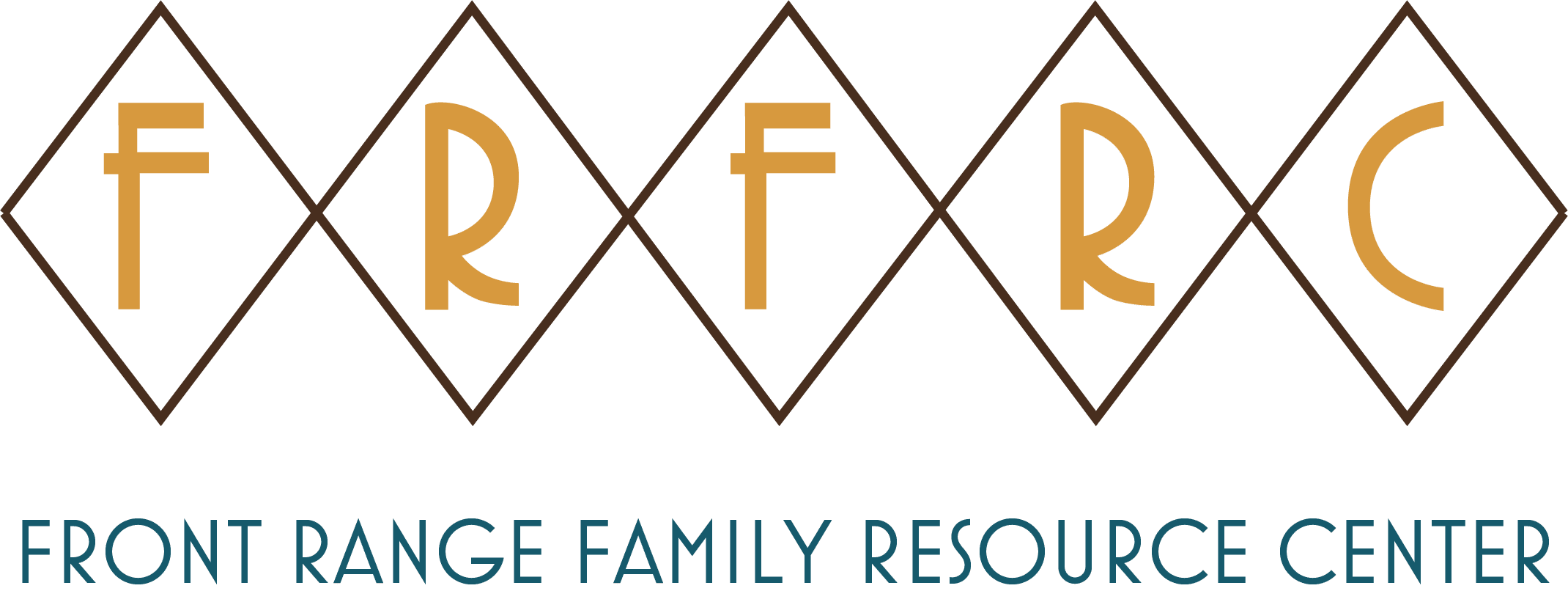Summer vacations provide a much-needed break from the hustle and bustle of everyday life, offering a chance to relax and recharge. However, transitioning back to a regular routine after a vacation can be challenging. The shift from a leisurely pace to a more structured schedule often brings stress and anxiety. Here are some tips to help maintain a healthy work-life balance as you adjust to post-vacation life.
Prioritize Tasks
Upon returning to work, it’s essential to prioritize tasks to avoid feeling overwhelmed. Start by identifying the most important and time-sensitive tasks that need immediate attention. Make a to-do list and categorize tasks based on their urgency and importance.
Delegation is key to managing workload effectively. Assess which tasks can be delegated to colleagues or team members. Trusting others to handle certain responsibilities can free up your time to focus on more critical tasks.
Set Boundaries
Clearly define your working hours and stick to them. Avoid bringing work home or answering work-related calls and emails outside of these hours. Setting boundaries ensures that you have time to relax and unwind after work.
Communicate your boundaries to colleagues and supervisors. Let them know your availability and the importance of maintaining a work-life balance. Setting clear expectations can prevent misunderstandings and reduce stress.
Take Breaks
Incorporate regular breaks into your workday. Taking short breaks can boost productivity and reduce stress. Use this time to stretch, take a walk, or practice mindfulness.
Make the most of your vacation days. Plan periodic breaks throughout the year to avoid burnout. Taking time off can improve overall well-being and enhance work performance.
Exercise Regularly
Regular exercise is crucial for maintaining both physical and mental health. Create an exercise routine that fits your schedule and stick to it. Whether it’s a morning jog, an evening yoga session, or a midday workout, physical activity can help reduce stress and improve mood.
Incorporate movement into your daily routine, even if you have a busy schedule. Take the stairs instead of the elevator, walk or bike to work, or engage in short exercise sessions during breaks.
Spend Time with Loved Ones
Spending quality time with loved ones is essential for maintaining a support network. Plan activities or outings with family and friends to stay connected and strengthen relationships.
Make time for social activities and hobbies that you enjoy. Engaging in activities outside of work can provide a sense of fulfillment and balance.

Pursue Hobbies
Pursue hobbies and activities that bring you joy and relaxation. Whether it’s reading, painting, gardening, or playing a musical instrument, engaging in hobbies can be a great way to unwind and reduce stress.
Incorporate creative activities into your routine. Creativity can be a powerful outlet for expressing emotions and relieving stress.
Mindfulness and Relaxation
Mindfulness practices such as meditation, deep breathing, and yoga can help manage stress and improve focus. Dedicate a few minutes each day to mindfulness exercises to promote relaxation.
Create a relaxing environment at home and work. Incorporate elements such as calming colors, plants, and soothing music to create a peaceful atmosphere.
Plan Ahead
Plan your week in advance to avoid last-minute stress. Organize your schedule, prepare meals, and set out clothes the night before. Planning ahead can make your days run more smoothly.
Set realistic goals for the week and track your progress. Having clear goals can provide a sense of purpose and motivation.
Seek Professional Help
If you find it challenging to manage stress and maintain a work-life balance, consider seeking help from a mental health professional. Therapists and counselors can provide strategies and support to help you cope with stress effectively.
Conclusion
Maintaining a healthy work-life balance after a summer vacation is essential for overall well-being and productivity. By prioritizing tasks, setting boundaries, taking regular breaks, exercising, spending time with loved ones, pursuing hobbies, practicing mindfulness, planning ahead, and seeking professional help if needed, you can transition back to work smoothly and maintain a balanced lifestyle. Remember, achieving work-life balance is an ongoing process, and it’s important to make adjustments as needed to ensure that you take care of both your personal and professional needs.
Contact us if you want help creating a better work-life balance
